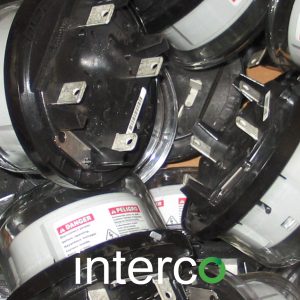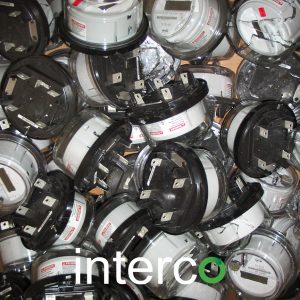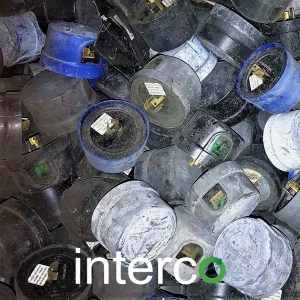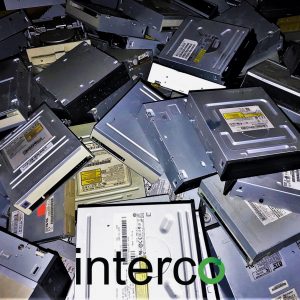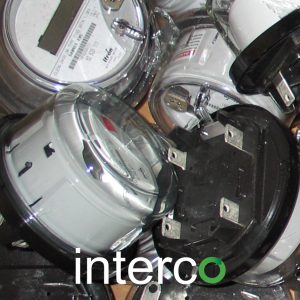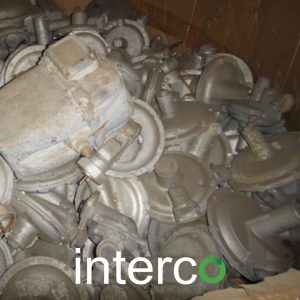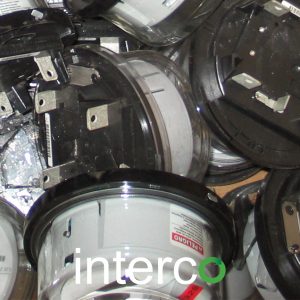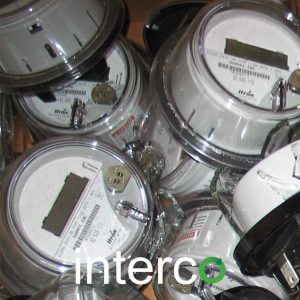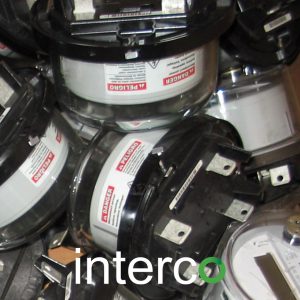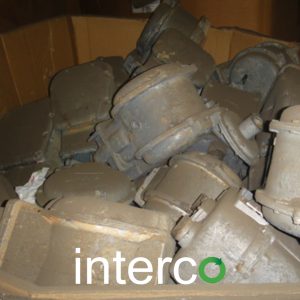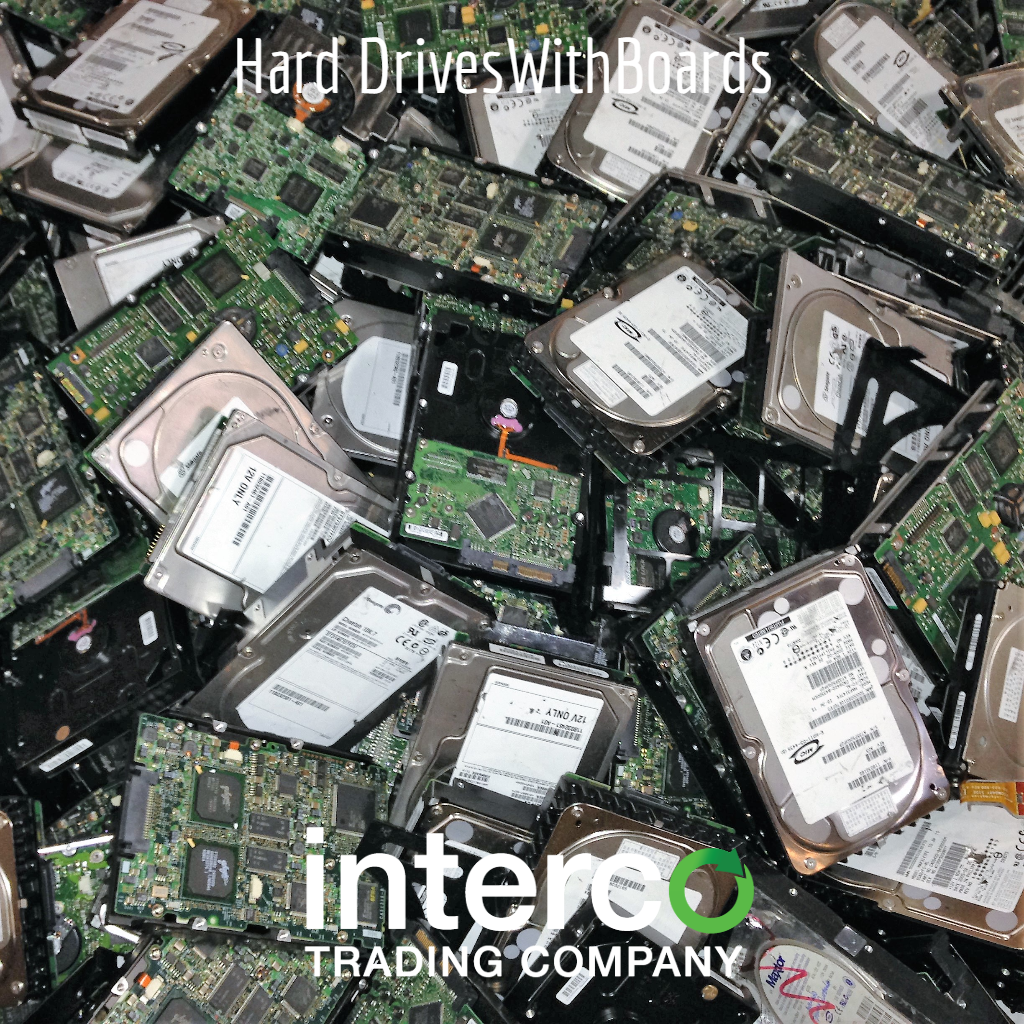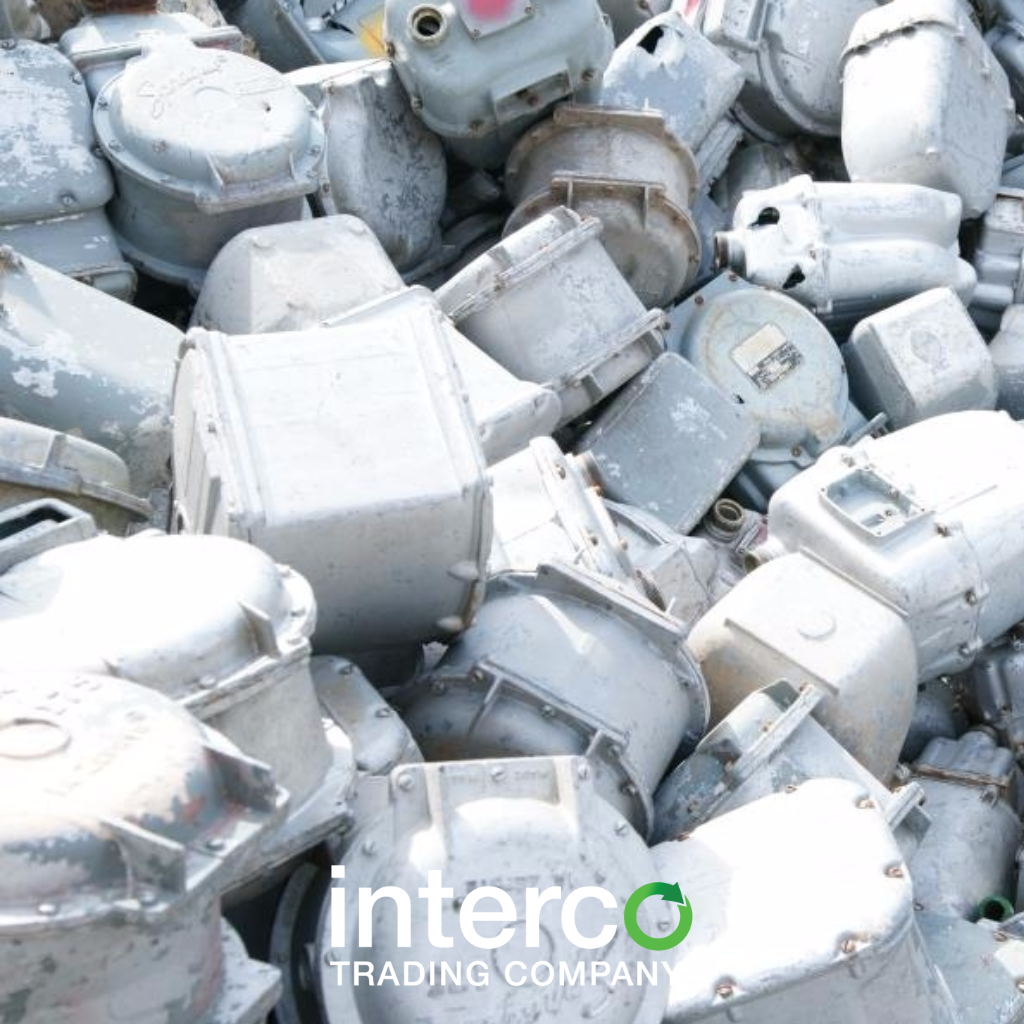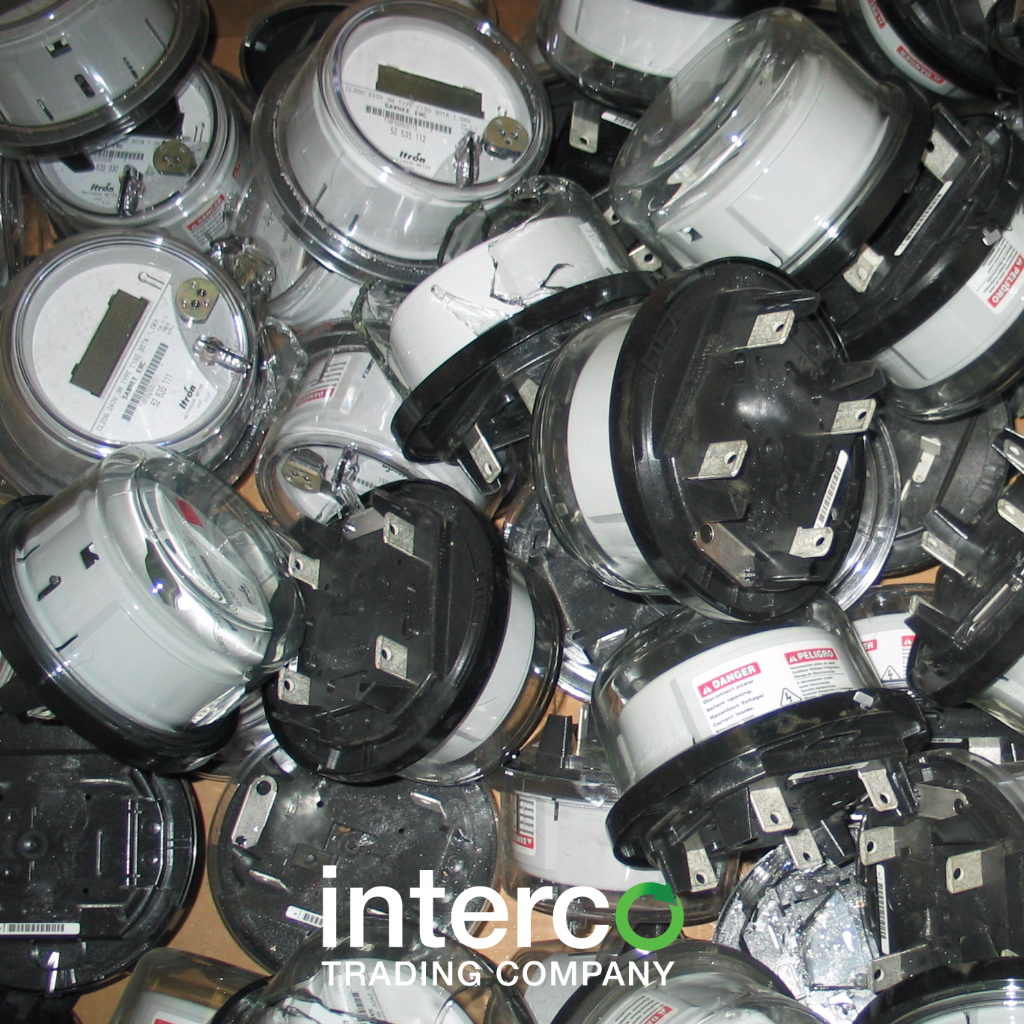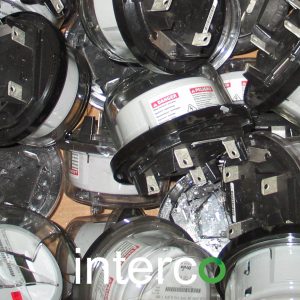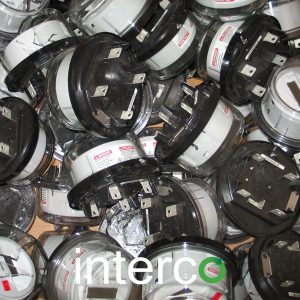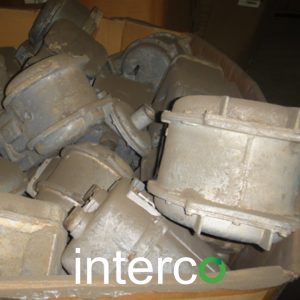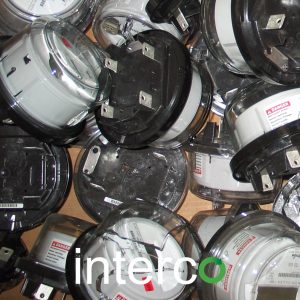Interco works with electric companies and electric cooperatives to recycle electric meters. Electric meter recycling in Cleveland shows to be an imperative practice on account of the gigantic extent of changes with the developing electric meter technology.
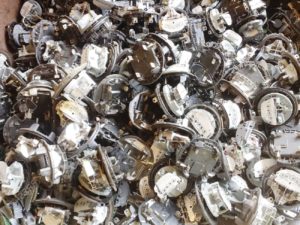
Analog electric meters once required a meter reader to walk around neighborhoods, read the meters, and afterward come back to the office. From that point onward, they needed to personally enter the information to process a receipt for the services. At last, smart meters replaced analog meters. Smart meters changed the procedure of data gathering for utility organizations.
The introduction of smart meters meant meter readers never needed to walk house-to-house again. They could drive a well-equipped van through an area and gather the data transmitted directly. Smart meters keep supplanting analog meters. Today manufacturers produce much smarter meters furnished with 5G technology. The new meters offer more precision and data security and can pinpoint the definite zone of a meter inside a couple of feet or less.
Electric organizations will have more out of date meters in the next decade than in the past 25 years joined because of these enhancements in technology. Consequently, companies must continue to recycle utility meters.
Preparing to Recycle Electric Meters
In order to recycle utility meters correctly, companies must understand the different kinds of meters:
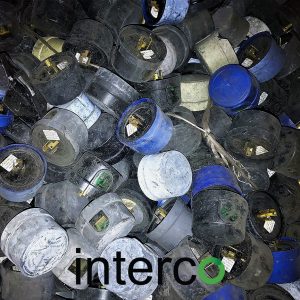
- Analog meters with glass covers
- Digital meters with glass covers
- Digital meters with plastic covers
These meters all have different traits and distinct preparation processes. Analog meters have the least amount of value and usually come with a glass cover that must be secluded. Digital meters have a higher value and routinely have a plastic covering that doesn’t need to be isolated. Glass covers weigh a lot and should be expelled from all scrap utility meters before recycling. The glass covers weigh more that the meter itself and could interfere with electric meter recycling in Cleveland. Expelling glass covers shows to be necessary in order to recycle utility meters.
After separating different meters and possibly removing the cover, organizations must pack their scrap utility meters for shipping. Packing loosely in palatalized gaylord boxes proves to be the best way to prepare scrap utility meters to be recycled. This procedure allows for direct stacking and emptying, proficient trailer loading, and diminished transportation costs. Interco can provide pallets and packing supplies for delivery if organizations need.
Why Recycle Electric Meters
After Interco gets the properly packaged scrap utility meters without glass coverings, the strategy to recycle electric meters begins. Interco has many years of experience in electric meter recycling in Cleveland. This experience licenses Interco to have up to a 98% material recycling and recovering rate. Interco will proceed with this rate by:
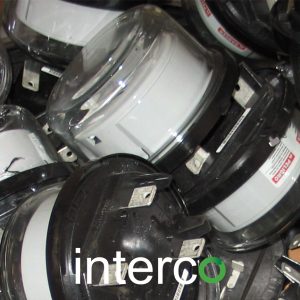
- Detaching stainless steel rings and collars
- Refining all non-ferrous and ferrous metals
- Disconnecting circuit boards
- Baling cardboard boxes
Along with preventing the landfilling of scrap utility meters, electric meter recycling in Cleveland provides additional benefits. When Interco continues to recycle electric meters, various materials can be found inside the meters:
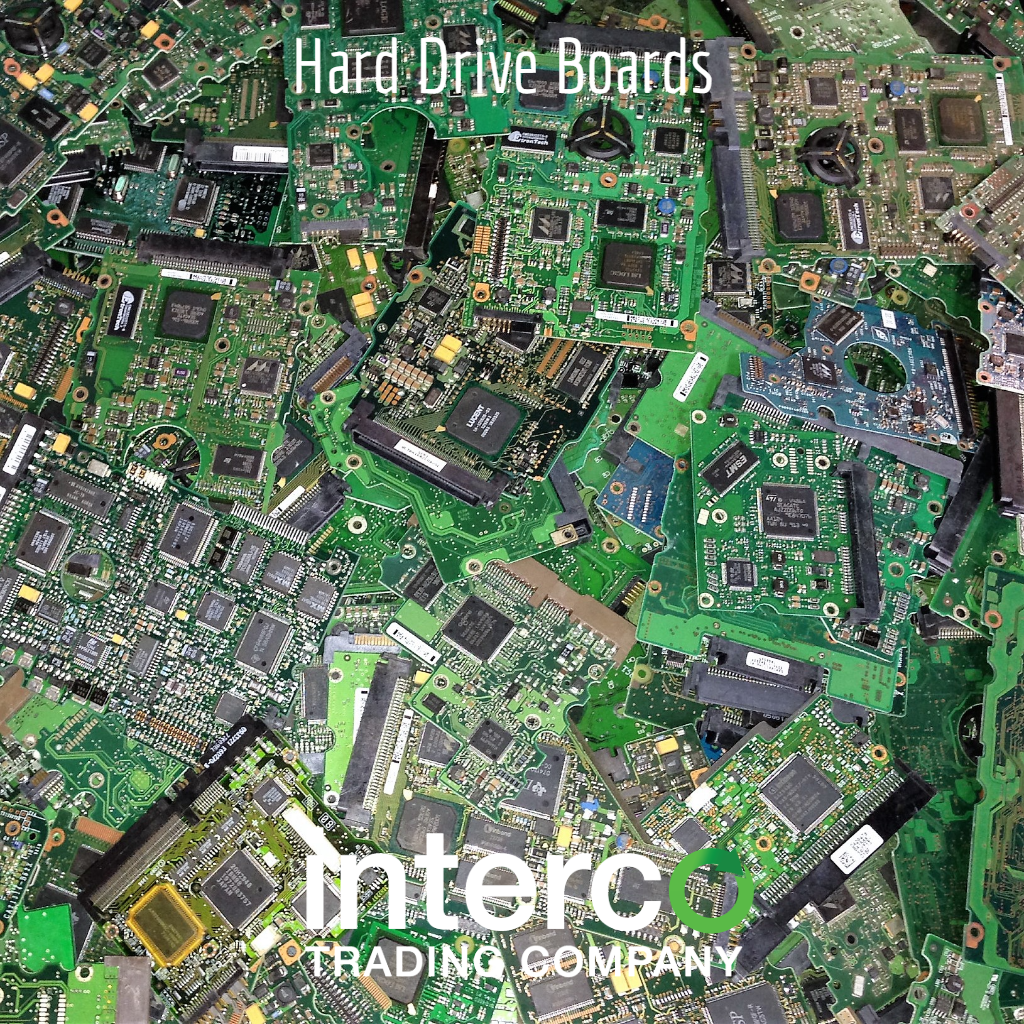
- Insulated copper wire
- Aluminum ground wire
- Brass screws
- Printed circuit boards
- Steel
Conclusion
The need to recycle utility meters builds up every day. Technology develops consistently and will continue doing so in the upcoming years. The degree of outdated electric meters will keep developing. Responsible businesses must find the right recycler to send their scrap to. Interco recycles thousands of meters each year. Click here if you have any questions on how to recycle electric meters with Interco.
